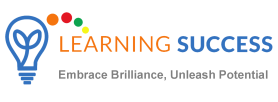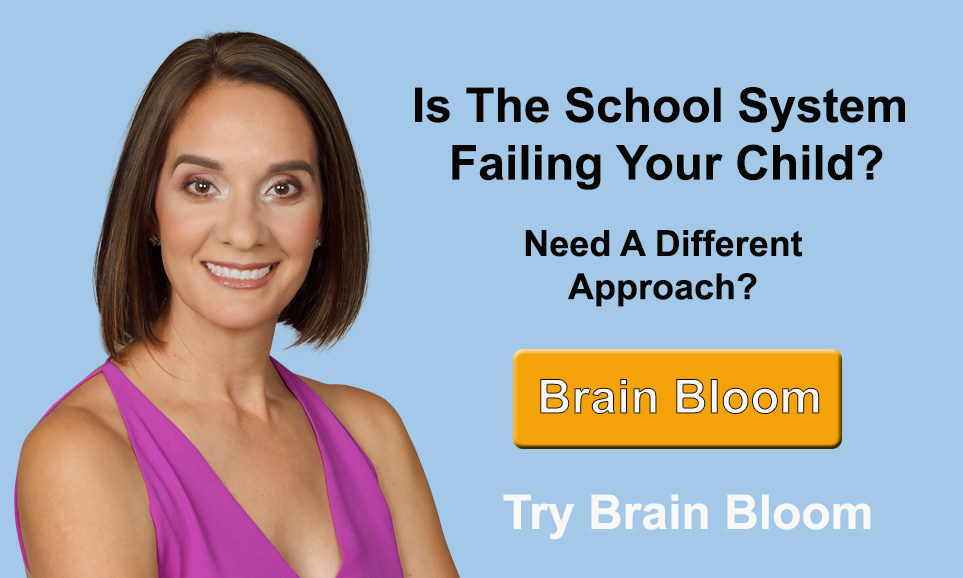Check for Binocular Vision Disorders in Neurodiverse Children
In the context of education, a seasoned educator shared a critical insight regarding children with learning challenges. The educator noted that in their decades of teaching neurodiverse children how to read, they frequently encountered vision problems, specifically binocular vision disorders, co-occurring with conditions such as dyslexia, auditory processing disorder, or autism. This observation highlights the importance of checking for binocular vision disorders in children who struggle with reading or other educational tasks. For instance, a child diagnosed with dyslexia might also have a binocular vision disorder that exacerbates their reading difficulties. This insight underscores the need for parents to consider a comprehensive vision assessment for their children, as addressing these vision issues could significantly enhance their educational outcomes.

Vision Checks for Learning Challenges
As a parent of a child facing educational challenges, you know the struggle and frustration that comes with trying to help them succeed. You’re not alone in this journey, and there are specific steps you can take to empower your child’s learning. Discover how checking for binocular vision disorders, understanding the importance of visiting an ophthalmologist, and implementing targeted vision assessment and improvement strategies can make a significant difference in your child’s educational journey. You have the power to transform their learning experience and unlock their full potential.
“Seek Ophthalmologist for Vision-Learning Issues”
In the context of education, it was emphasized that parents should consider taking their child to an ophthalmologist rather than an optometrist when suspecting a vision-related learning issue. Specifically, the transcript highlighted, “Why you should go to an ophthalmologist rather than an optometrist… Remember, I wouldn’t let you go to an optometrist.” This directive underscores the importance of seeking a specialist who can address complex vision problems such as convergence insufficiency, which can significantly impact a child’s educational performance. For instance, children struggling with reading or focusing on schoolwork due to vision issues might benefit more from the comprehensive care provided by an ophthalmologist. This insight means that parents can better support their child’s educational journey by ensuring they receive the most appropriate eye care, potentially improving their learning outcomes.
I often wonder how many neurodiverse children with either dyslexia or auditory processing disorder or autism or any number of things are walking around out there struggling to learn to read and they may have a small vision problem but it’s undiagnosed.
"
Tailored Vision Assessments Improve Reading
In the context of education, parents were advised to schedule their child’s vision assessment later in the day and have them read in the parking lot and waiting room to evaluate potential vision issues and fatigue. The transcript revealed that one child benefited from this approach, as they were prescribed glasses specifically for reading, which they now use regularly. Additionally, the child underwent vision therapy for approximately five months, leading to noticeable improvements in their vision. This therapy, although not a complete fix, significantly enhanced the child’s reading ability and reduced fatigue. For readers, this insight underscores the importance of tailored vision assessments and interventions in enhancing educational outcomes for children with vision-related challenges.
Key Takeaways:
Vision Check Importance: Parents should consider having their child's vision checked by an ophthalmologist if they exhibit signs such as tilting their head, squinting, or expressing discomfort while reading. These symptoms could indicate a vision problem like binocular vision disorder or convergence insufficiency, which may co-occur with other learning challenges such as dyslexia or auditory processing disorder.
Ophthalmologist vs. Optometrist: It is recommended to visit an ophthalmologist rather than an optometrist for a thorough eye examination. Ophthalmologists, being medical doctors with extensive training, are better equipped to diagnose specific vision issues that might not be detected in standard eye exams. If insurance issues arise, parents should seek a pediatric optometrist as an alternative.
Timing and Context of Eye Exam: Schedule the eye exam late in the day when the child is tired, and have them read in the parking lot and waiting room before the appointment. This can help in identifying intermittent vision problems that may not be apparent during a regular exam. Even if a child has 20/20 vision, these additional steps can uncover issues that affect reading and learning.
Schedule Vision Checks for Reading Issues
For parents of children with educational challenges, incorporating vision checks into their routine can be a game-changer. If your child struggles with reading or shows signs of dyslexia, consider scheduling a late-afternoon appointment with an ophthalmologist, as they can better assess vision issues that may not be apparent earlier in the day. Before the appointment, have your child read in the parking lot and waiting room to help the doctor evaluate their visual tracking and vision under varying conditions. Even if your child’s vision was recently tested and deemed 20/20, it’s still worth exploring, especially if they have a neurodiverse condition like dyslexia or autism. By addressing potential vision problems, such as binocular vision disorder, parents can help their children overcome reading difficulties and thrive in their educational journey.
I was heartbroken when I heard that he was seeing words double and blur and that he just thought that was normal. … I wish we’d gone sooner and picked it up sooner.
"Unlocking Potential: Comprehensive Learning Strategies
For parents of children with educational challenges, embracing a comprehensive approach to their child’s learning can lead to significant long-term benefits and growth. By addressing potential vision issues, such as binocular vision disorder, alongside other learning differences like dyslexia or auditory processing disorder, parents can help their children unlock their full potential. It’s encouraging to know that with the right support and interventions, including those that enhance Visual Efficiency, children can experience remarkable progress in their reading and overall academic performance. While the journey may require patience and persistence, the outcomes can be truly transformative, boosting a child’s confidence and love for learning. Parents should maintain realistic expectations, understanding that each child’s path is unique, but with dedication and the right resources, the future looks bright for their child’s educational success.
Discover how the Brain Bloom System can help your child overcome learning challenges by addressing potential vision issues alongside other learning differences, unlocking their full potential and transforming their educational journey.

